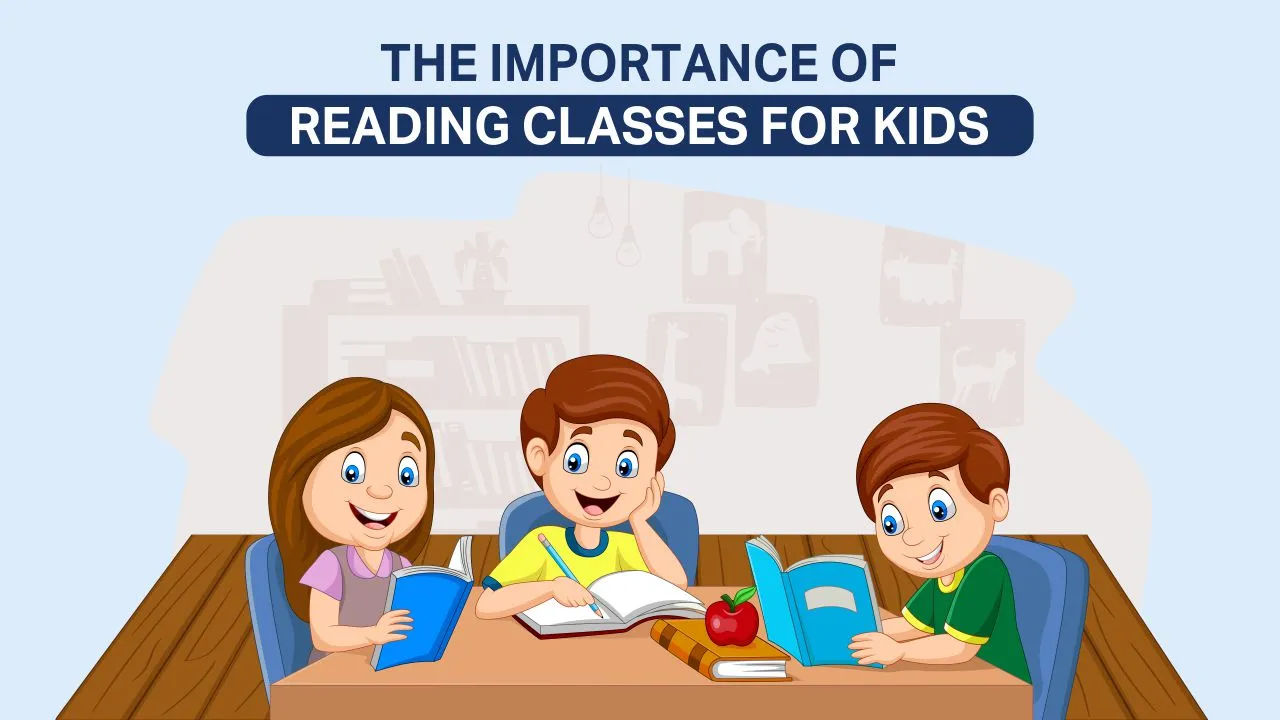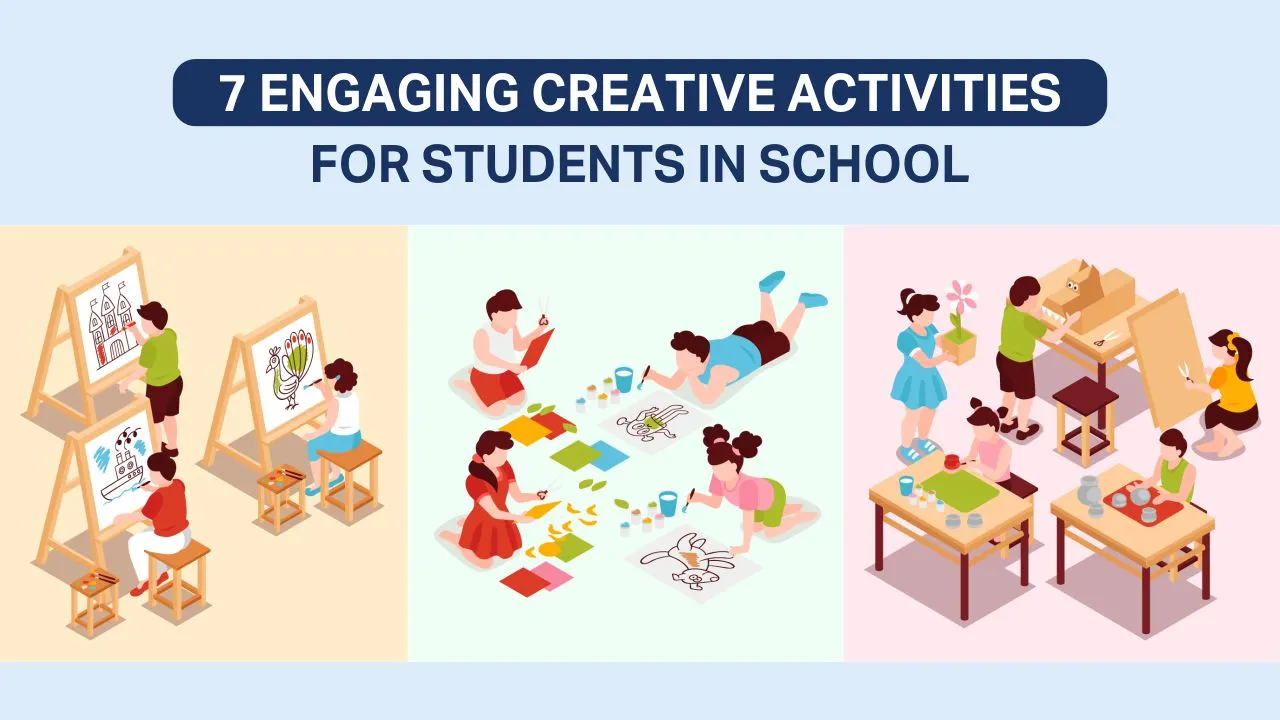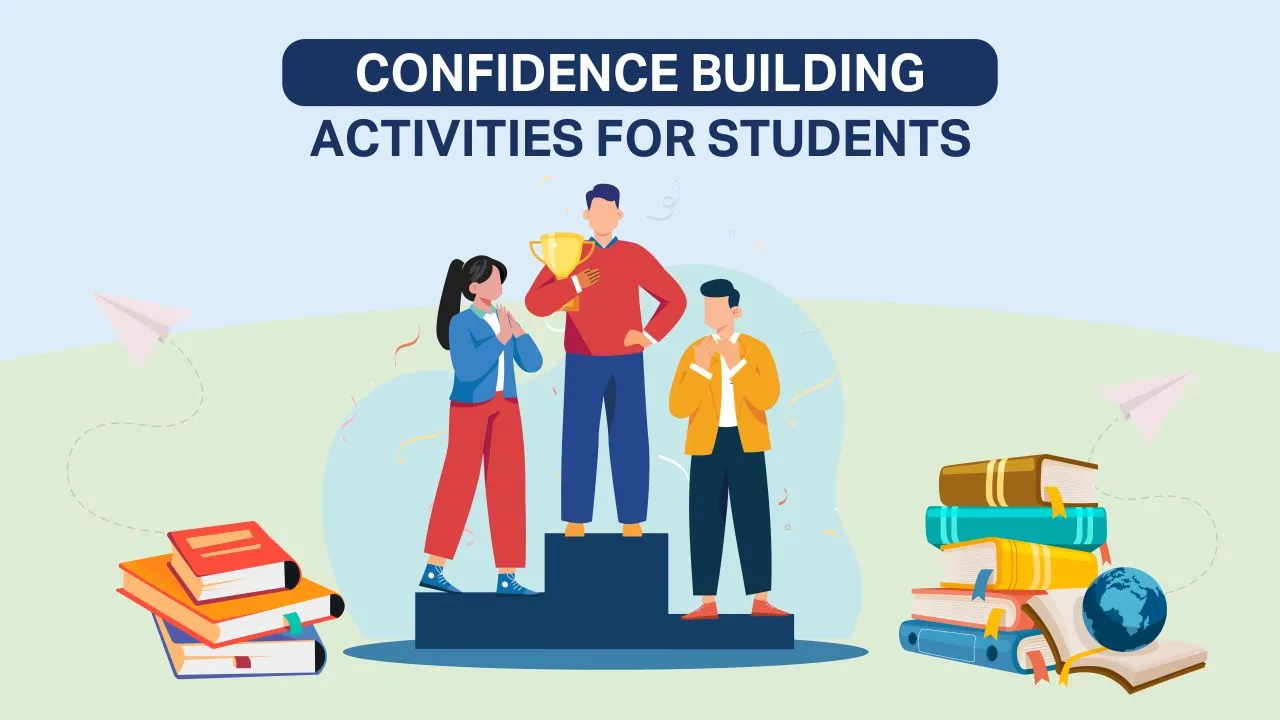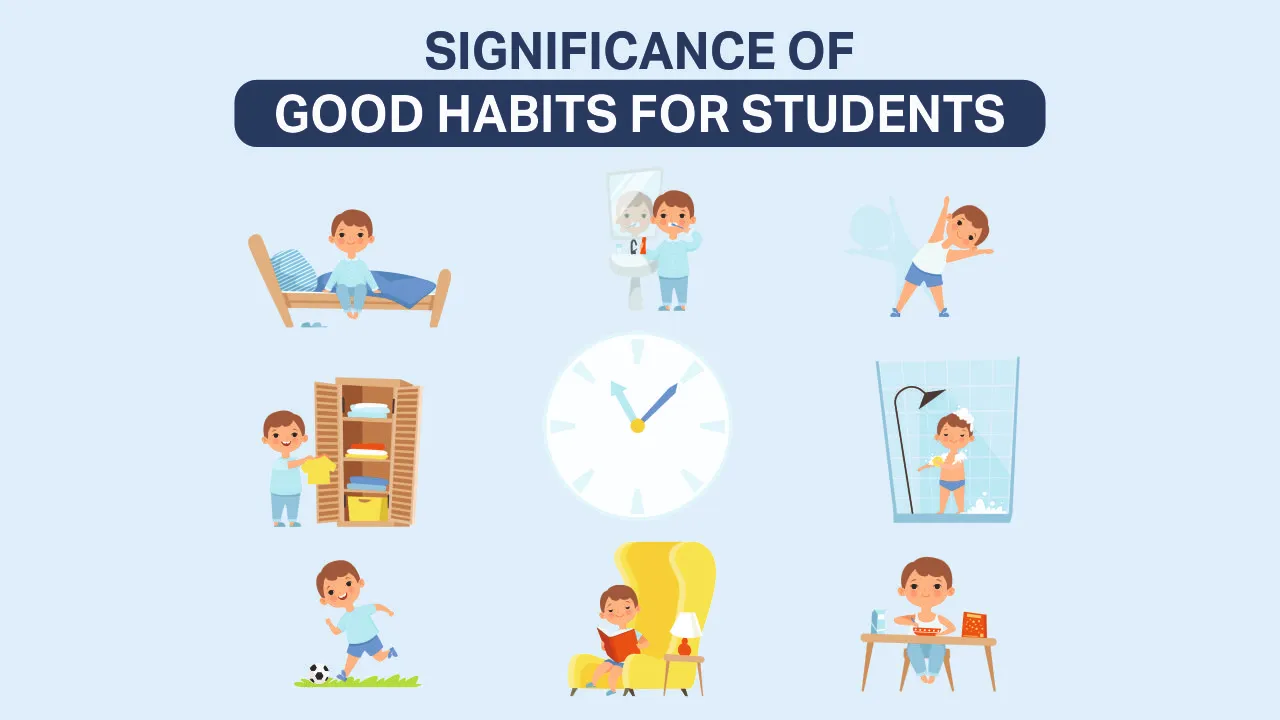The Importance of Reading Classes for Kids
Reading is not just a fundamental skill, it’s a gateway to knowledge, creativity, and empathy. To nurture this love for reading and help children develop strong reading skills, reading classes for kids have become increasingly popular. In this blog, we’ll explore why these classes are essential and how they can benefit young minds.
The Importance of Reading Classes for Kids
1. Building a Strong Foundation
Reading classes for kids play a crucial role in building a solid foundation for literacy. Early exposure to books, stories, and the written word helps children develop essential language skills. By introducing them to phonics, vocabulary, and comprehension, these classes ensure that children have the necessary tools to become proficient readers.
2. Fostering a Love for Reading
These classes often use engaging and age-appropriate materials, such as colourful picture books and interactive storytelling, to make reading a fun and enjoyable activity. When children associate reading with pleasure, they are more likely to continue reading throughout their lives.
3. Improving Concentration and Focus
Reading requires concentration and focus, skills that can be challenging for young children to develop on their own. Reading classes help children enhance these skills through activities like guided reading sessions and interactive discussions. As a result, kids become better equipped to pay attention in school and absorb information effectively.
4. Expanding Vocabulary
Reading classes expose children to a wide range of words and concepts they might not encounter in their daily lives. A rich vocabulary is essential for effective communication and academic success. By exploring new words and contexts, children can expand their vocabulary and better express themselves.
5. Enhancing Comprehension Skills
One of the primary goals of reading classes for kids is to instil a genuine love for reading. Understanding what they read is just as important as decoding the words on the page. Reading classes often incorporate comprehension exercises, asking children to think critically about the material they’ve read. These exercises help kids develop the ability to analyze, infer, and draw conclusions from texts.
6. Encouraging Critical Thinking
In addition to improving comprehension, reading classes encourage critical thinking. They prompt children to ask questions, think analytically, and form opinions about the stories they read. These skills are not only valuable for reading but also for problem-solving in various aspects of life.
7. Fostering Empathy and Emotional Intelligence
Reading is a powerful tool for building empathy and emotional intelligence. Through stories, children can step into the shoes of characters from diverse backgrounds and experiences. They learn to relate to others’ emotions and develop a deeper understanding of the world around them.
8. Promoting Independence
Reading is a skill that empowers children to explore the world independently. When kids can read on their own, they can access information, entertainment, and stories whenever they want. Reading classes help children reach this level of independence sooner.
Conclusion
Reading classes for kids offer numerous benefits that extend far beyond the classroom. They provide children with the tools they need to become lifelong readers and learners. By building a strong foundation, fostering a love for reading, and enhancing critical thinking skills, these classes are an invaluable investment in a child’s future. Whether through formal classes or simply by sharing bedtime stories, encouraging a child’s reading journey is one of the greatest gifts a parent or educator can give.





